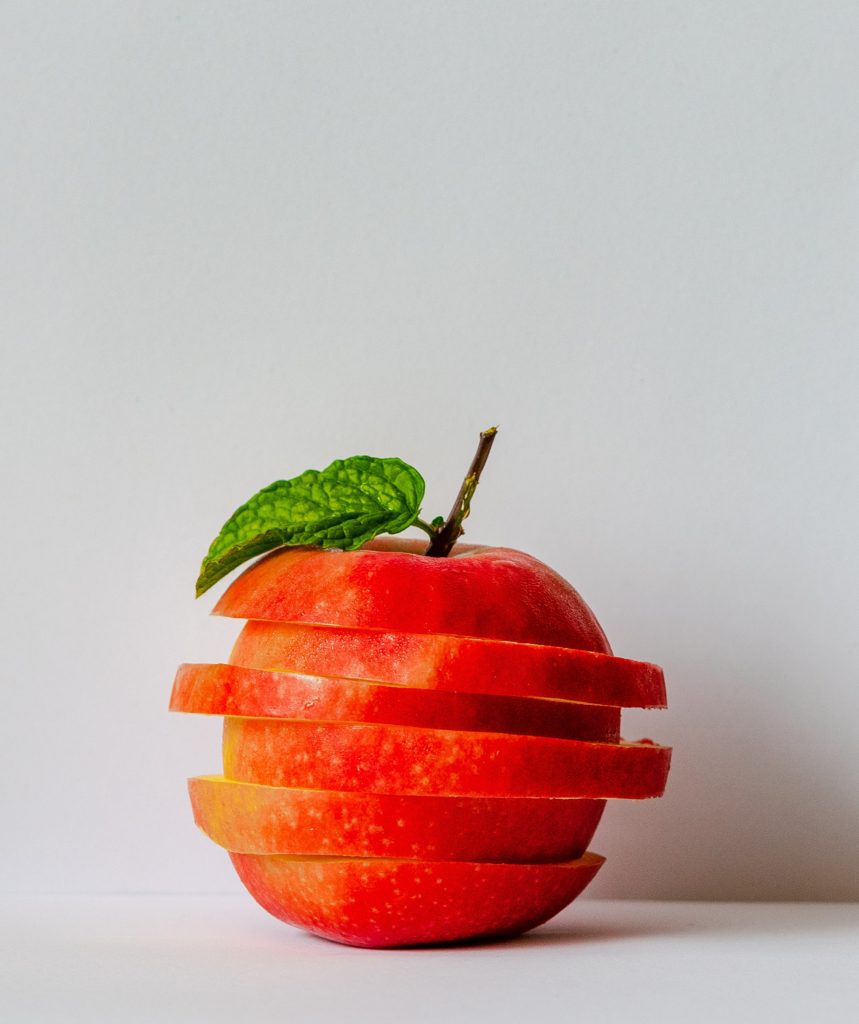
Editor’s Note: The following article and subject matter contain mentions of sexual assault and rape.
So much of today’s pop music sounds the same, but I can honestly say Fiona Apple’s new album is unlike anything I’ve ever heard before.
I have to admit, this music initially made me feel uncomfortable. Little did I know, this Grammy award-winning artist has received this same put-off reaction since 1996 toward her other four albums. Apple and her music come across as angry, emotional, difficult—traits the media doesn’t ask of women. Apple was taught her big feelings were too much, that she should chain up the wildest parts of herself. Have your feelings ever gone unvalidated? Have you ever felt restrained from navigating pain and being your authentic self? Fetch the bolt cutters.
Apple released “Fetch the Bolt Cutters” on April 17. She recorded the album at home, finding creative ways to capture the soundscape of the unpolished, everyday life. Apple hits a chair for percussion, laughs at vocal mistakes and leaves in her barking dogs, somehow managing to turn it into an accidental, brilliant outro. Apple released the messy parts of the album because she’s ready to release the unapologetically messy parts of herself.
In the first track, “I Want You To Love Me,” Apple says though she knows nothing will matter after she dies, it doesn’t stop her from wanting to feel loved and connected. It may feel like a normal song, but it grows increasingly avant-guard as Apple spends the last 40 seconds contorting her voice. A sustained wail turns into a hysterical cry that sounds like a dolphin having a panic attack. From the very first song, we know there is nothing conventional about Apple’s sound.
Something you will notice every song shares is that each one is very percussive–whether the sound was made by drums or found items in her kitchen. In fact, rhythm seems to be more important than the melodies in this album.
In “Shameika,” Apple sings about being bullied in her childhood. She repeats “Shameika said I had potential” so many times, it reflects how hurtful words can get stuck in your head and make you believe lies about yourself. She sings how this phrase eventually got through to her, and she has come to embrace it. The song is more about Apple growing from her pain than it is about holding resentment for Shameika.
I could write an entire article about the title song alone. Apple reflectively sings about her past of people-pleasing that stole her youth, a past she says she’s ashamed of. She speaks, “I grew up in the shoes they told me I could fill,” shoes that didn’t equip her for all she was capable of. She sings about girls telling her she wasn’t good enough and comparing her to others around her. She heartbreakingly admits, “I listened because I hadn’t found my own voice yet.” Now, Apple demands we escape this cycle, singing “Fetch the bolt cutters / I’ve been in here too long.”
What I admire about Apple is she isn’t afraid to get messy. She doesn’t care what others think of her anymore. Apple wrote “For Her” around the time of the Brett Kavanaugh hearings about a sexual assault one of her friends experienced. The song discusses how being in a relationship doesn’t equal automatic consent. The lyrics sing, “Like you know you should know, but you don’t know what you did / Well, good morning / You raped me in the same bed your daughter was born in.” This song is very heavy and could be triggering for many. Apple’s music isn’t necessarily meant for you to sing along or dance to, rather it simply demands our attention and asks that we listen.
Another song that isn’t afraid of honesty is “Relay.” Apple chants, “Evil is a relay sport / When the one who’s burnt / Turns to pass the torch.” Here, Apple notes how those who hurt others act from a place of pain themselves. She then goes on to list all the reasons she resents someone, even if they don’t make her seem kind (for being raised right, for not struggling, for being tall, for being short). Sometimes when you’re really emotional, your thoughts aren’t linear. Apple has a hopeful realization, singing “But I know if I hate you for hating me / I will have entered the endless race.” The chanting in this song represents the race, and Apple attempts to break out of it.
The album is an accurate representation of the every-day because it has so many twists and turns. The unusual sound and topics of the album are a revulsion of the conventional in itself. I love the image of the bolt cutters; we could all use a little help freeing ourselves from what holds us back.


Leave a Reply